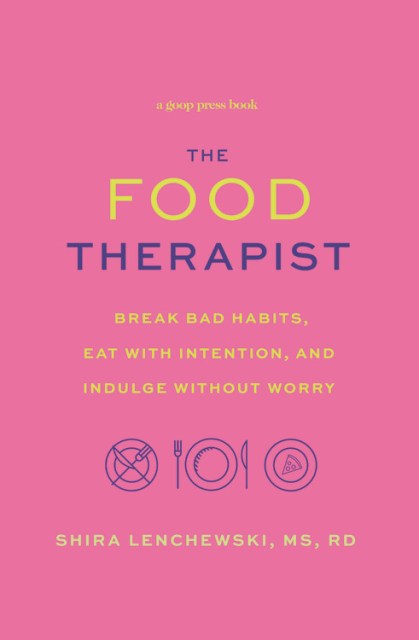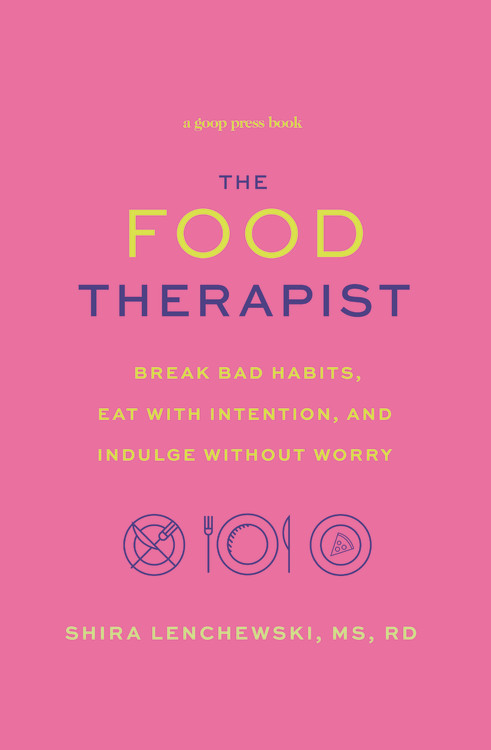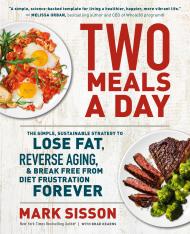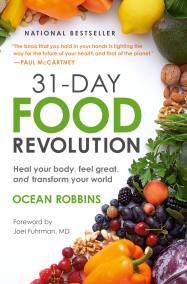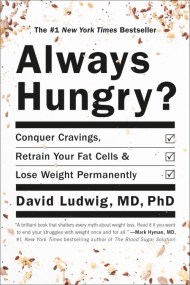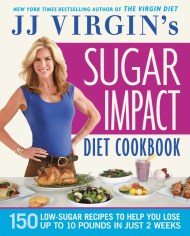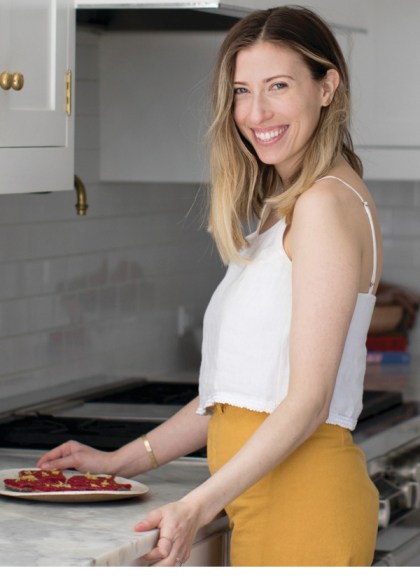By clicking “Accept,” you agree to the use of cookies and similar technologies on your device as set forth in our Cookie Policy and our Privacy Policy. Please note that certain cookies are essential for this website to function properly and do not require user consent to be deployed.
The Food Therapist
Break Bad Habits, Eat with Intention, and Indulge Without Worry
Contributors
Formats and Prices
- On Sale
- Feb 12, 2019
- Page Count
- 256 pages
- Publisher
- Grand Central Publishing
- ISBN-13
- 9781478918134
Price
$16.99Price
$22.99 CADFormat
Format:
- Trade Paperback $16.99 $22.99 CAD
- Hardcover $36.00 $46.00 CAD
- Audiobook Download (Unabridged)
This item is a preorder. Your payment method will be charged immediately, and the product is expected to ship on or around February 12, 2019. This date is subject to change due to shipping delays beyond our control.
Buy from Other Retailers:
If you asked people to post a status update on their relationship with food, most would say “It’s Complicated.” We aspire to eat healthfully but find ourselves making hasty food choices driven by stress and convenience. Or we treat ourselves to a decadent dessert but feel so guilty we don’t even enjoy it. The truth is we can’t make good food decisions if we don’t deeply examine our relationship with food.
In The Food Therapist, Shira Lenchewski offers readers an ongoing one-on-one food therapy session, revealing the root causes of our emotional hang-ups around food and providing the necessary tools to overcome them. This practical and judgment-free guide helps readers hone the skills needed to put their get-healthy intentions into daily action, such as planning ahead wisely, tuning into their fullness cues, and harnessing willpower (even when life gets messy).
Lenchewski also offers easy-to-follow, tasty recipes aimed at rebalancing our hormones and conquering our cravings without deprivation. The Food Therapist is a refreshingly modern resource that helps us finally un-complicate our relationship with food and our bodies. We can then focus our efforts on making thoughtful, healthy choices, day in and day out, which serve our ultimate goals, whatever they may be.
In The Food Therapist, Shira Lenchewski offers readers an ongoing one-on-one food therapy session, revealing the root causes of our emotional hang-ups around food and providing the necessary tools to overcome them. This practical and judgment-free guide helps readers hone the skills needed to put their get-healthy intentions into daily action, such as planning ahead wisely, tuning into their fullness cues, and harnessing willpower (even when life gets messy).
Lenchewski also offers easy-to-follow, tasty recipes aimed at rebalancing our hormones and conquering our cravings without deprivation. The Food Therapist is a refreshingly modern resource that helps us finally un-complicate our relationship with food and our bodies. We can then focus our efforts on making thoughtful, healthy choices, day in and day out, which serve our ultimate goals, whatever they may be.
Newsletter Signup
By clicking ‘Sign Up,’ I acknowledge that I have read and agree to Hachette Book Group’s Privacy Policy and Terms of Use
